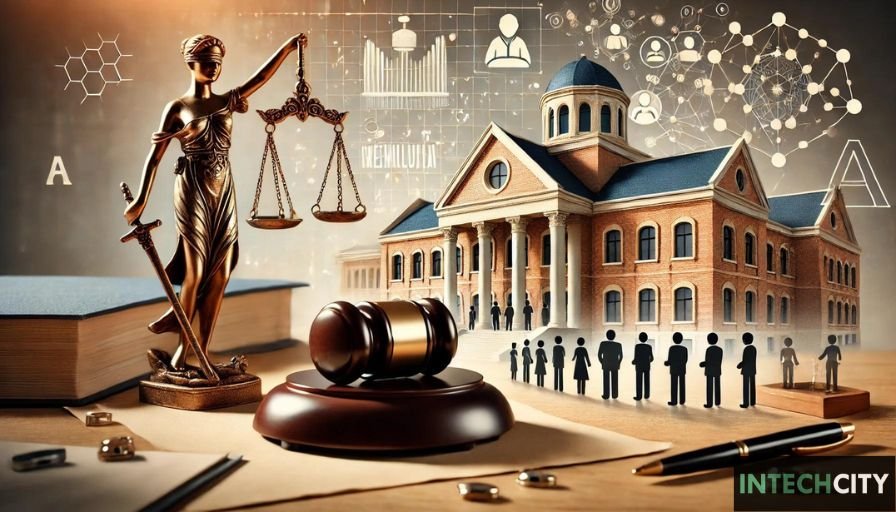The lawsuit involving C.W. Park and the University of Southern California (USC) has garnered significant attention due to its serious allegations and potential implications for the academic community. This case highlights critical issues of discrimination, retaliation, and institutional accountability within higher education.
Background of the Lawsuit
Allegations Against USC
C.W. Park, a former professor at USC, filed a lawsuit alleging that he was subjected to discrimination based on his race and gender, as well as retaliation for his actions related to reporting misconduct. Park claims that despite his qualifications and contributions to the university, he was treated differently from other professors and ultimately terminated due to discriminatory motivations.
Specific Claims
- Discrimination: Park alleges that he faced discriminatory treatment as an Asian American male, which influenced his termination. He contends that other professors of different races or genders received preferential treatment.
- Retaliation: Park claims that his termination was also motivated by retaliation for reporting unethical practices and standing up against discriminatory behavior within the institution.
USC’s Response
USC has denied all allegations made by Park, stating that his termination was based on poor performance and a failure to meet the university’s standards. USC has filed a motion to dismiss the lawsuit, arguing that Park’s claims lack factual and legal merit. The university maintains that it had legitimate, non-discriminatory reasons for Park’s termination, citing deficiencies in his teaching abilities and failure to fulfill essential faculty responsibilities.
Legal Proceedings and Current Status
Timeline of Events
- November 6, 2023: Park filed the lawsuit in Los Angeles County Superior Court.
- December 12, 2023: USC filed a motion to dismiss the lawsuit.
- February 20, 2024: A hearing is scheduled to determine if the case will proceed to trial or be dismissed.
Potential Outcomes
The court will decide whether Park’s allegations have sufficient grounds to proceed. If the motion to dismiss is denied, the discovery process will begin, during which both parties will gather and exchange evidence. This process could lead to a trial if a settlement is not reached. The lawsuit’s outcome could range from dismissal to a financial settlement or policy changes at USC.
Impact on USC and the Academic Community

Effects on USC
The lawsuit has significantly impacted USC, affecting its reputation and causing public scrutiny. Students, alumni, and faculty have expressed concerns about the university’s ability to maintain a fair and respectful environment. The negative publicity has also influenced student morale and enrollment decisions.
Broader Implications
This case underscores the need for higher education institutions to address issues of discrimination and retaliation comprehensively. It has sparked discussions about the power dynamics in academic settings and the barriers victims face in reporting misconduct. The lawsuit may inspire other individuals to come forward and seek justice, promoting a culture of accountability and transparency within universities.
Lessons Learned and Changes Implemented
Institutional Reforms
In response to the lawsuit, USC has committed to enhancing its policies and procedures related to misconduct and discrimination. The university has implemented stricter oversight measures, improved reporting processes, and emphasized diversity and inclusion initiatives to create a safer campus environment.
Broader Educational Impact
The case serves as a cautionary tale for other universities, highlighting the importance of proactive measures to prevent and address misconduct. Institutions must ensure clear communication, provide comprehensive training, and foster a culture of respect and equity.
Conclusion
The C.W. Park USC lawsuit is a complex and multifaceted legal battle with significant implications for USC and the broader academic community. As the case unfolds, it will continue to influence discussions about institutional accountability, faculty rights, and the need for safe and inclusive educational environments. The outcomes of this lawsuit could set important precedents for how universities handle allegations of misconduct and discrimination in the future.


